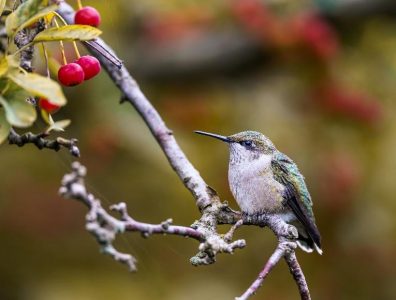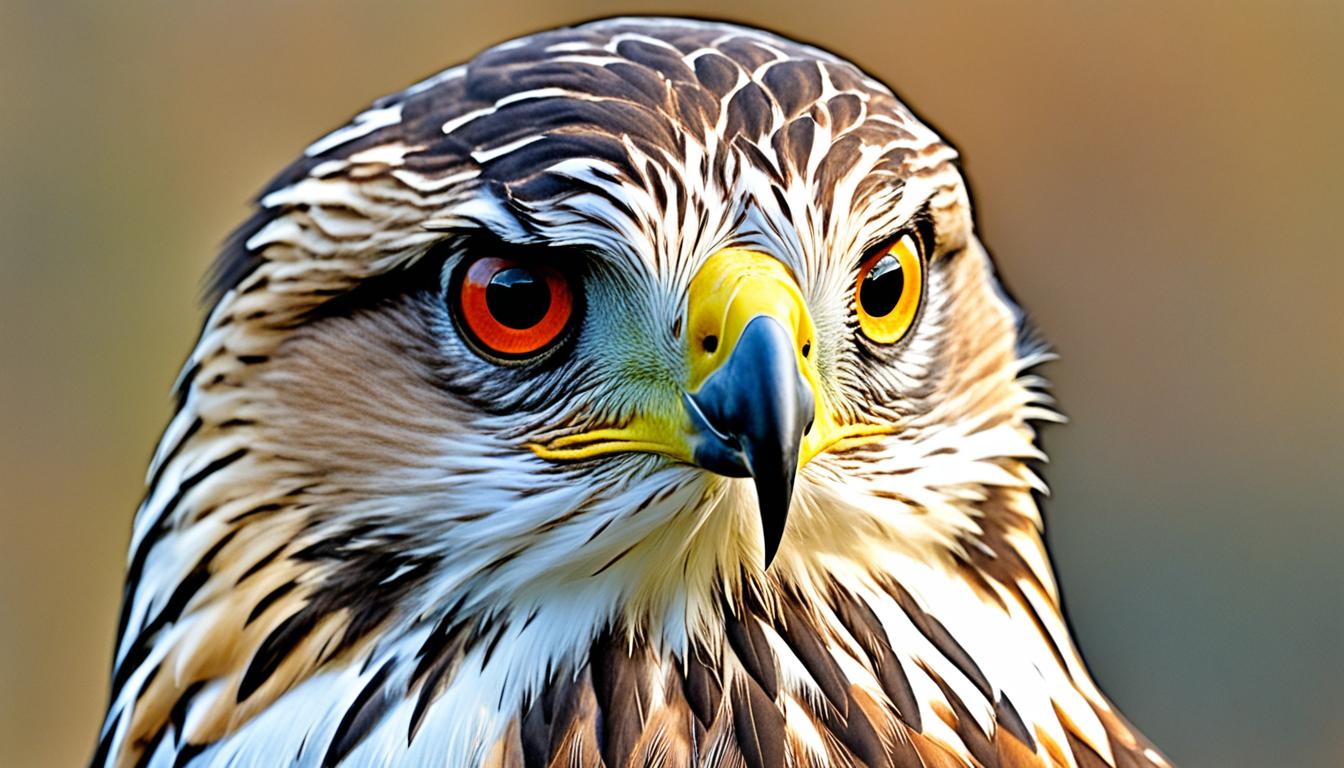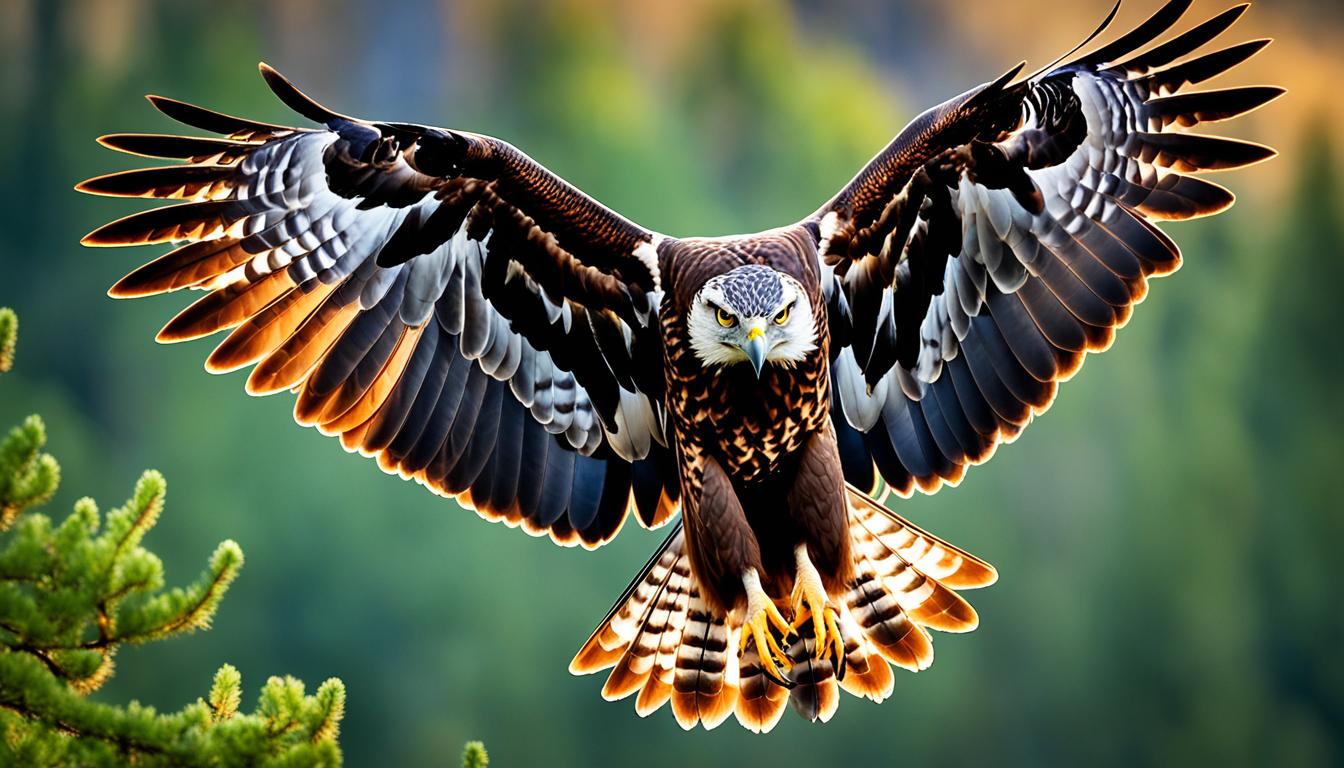Hummingbirds are fascinating creatures to observe, with their tiny bodies, vibrant colors, fast-flying wings, and delicate beaks. Indeed, it’s likely that you’ve never seen a hummingbird at sleep, and you’ve also never seen one that wasn’t busy hovering and fluttering around. That raises the question of where hummingbirds spend their nights?
Hummingbirds spend the night in tree cavities that are warm and protected. Usually, this entails burying them deep inside the leaf litter to protect them as dry as possible.
Hummingbirds locate a spot to sleep at night. Hummingbirds like to sleep in nests or on twigs that are shielded from the wind. They seek out deep crevices in the leaves and branches to keep them warm and shielded from the elements.
Hummingbirds love to hang around in twigs and bushes.
Do Hummingbirds Sleep In Their Nest?
Hummingbirds usually remain in a nest throughout the breeding season, but they will not sleep in a nest when they can avoid it or if there are no young chicks.
During the day, hummingbirds use a lot of energy. They’re always flying, even fluttering while eating, so a good, comfortable night’s sleep is essential.
The problem is that because they’re so little, even modestly chilly temperatures might cause them to perish. Hummingbirds hunt for protected areas on tree branches to sleep in as they prepare for the night, and then they fall into torpor.
Are Hummingbirds Active at Night?
Hummingbirds eat all day long, from sunrise to sunset. They select a site to sleep for the night nearly an hour after sundown. At night they go into a state known as torpor in this state hummingbirds are inactive and reduce their physiological activity.
Exceptions: Hummingbirds will sometimes fly away throughout the night. This will only happen during migration in rare cases.
What is Torpor?

Many animals go into torpor, a condition of reduced core temperature and physiological functions, in reaction to harsh environmental circumstances, particularly cold and heat.
In temperate-zone hummingbirds, as well as some insects and reptiles, the torpid condition can endure overnight. This strange behavior is most common on chilly nights, although they can sometimes become torpid during the day.
This isn’t simply sleep; it’s a type of hibernation. Their resting metabolic rate and their internal temperature decrease, allowing them to preserve energy while also allowing them to tolerate the cold.
A hummingbird’s heart is beating 1200 times per minute whenever they’re active, to give you an indication of how often their metabolism slows. It only beats 50 times per minute while in torpor. They hold to their limb (or perch on their nest), pull their neck back, and puff their wings out. They could even dangle from the branch inverted, like just a bat. It might take over an hour for them to completely awaken from this condition.
Do Hummingbirds eat at night?
No hummingbirds do not eat at night some hummingbirds, for example, may consume late at night if there would be a lot of artificial illumination or migration. Hummingbirds have poor eyesight, hence most of them must rest during the night.
What does it mean when you see a Hummingbird at Night?
Normally Hummingbirds sleep at night covered with leaves top branches and twigs.
Hummingbirds aren’t normally nocturnal; they don’t have strong night vision. Instead, they locate a lovely snug position close to the top in the foliage of a very well tree and fall asleep or hibernate (Torpor).
If you see hummingbirds at night, there is a possibility they are migrating or flying due to unnatural light and taking a rest.
If you see it in bad condition immediately rescue it Place the bird inside a tiny, dark place with a blanket over it, such as a carton or small mammal carrier.
Allow 5 minutes for the bird to rest and recuperate from its adventure. Place a few droplets of sugar water in the hummingbird’s beak with an eyedropper. Leave them early in the morning in the forest.
Should I Bring My Hummingbird Feeder In At Night?
Hummingbirds should not explore their feeders at twilight because their metabolism rate is low.
Furthermore, they usually cease feeding before sunset. The most active period for hummingbirds is throughout the day.
At dawn and dark, early that morning or late in the afternoon, they frequently visit the feeder. As normally hummingbirds don’t feed at night, they go into a state of torpor.
If you bring or install it the raccoons and bats feed up so don’t bring the feeder in at night but bring the feeder inside overnight when it becomes chilly and set it aside outside and just hang it up again every morning (hummingbirds will need food as quickly as possible, particularly when it’s cold) or install an incandescent bulb near the feeder for cold season feeding.
Do Baby Hummingbirds Eat At Night?
In areas with an artificial covering and mild weather, many birds may feed after dark. Hummingbirds, on the other hand, are also not nocturnal by nature and rarely eat at night.
Many people assume that hummingbirds must eat at night to meet their energy requirements due to their rapid metabolisms.
Hummingbirds, on either hand, sleep throughout the entire night. It reduces their energy demands by approximately to 60%, enabling them to stay asleep without worrying about running out of energy.
From sunrise to sunset, baby hummingbirds are nourished every 20 to 30 minutes. Hummingbird mothers collect small insects and spiders, as well as sugar-rich honeydew from flowers, and feed it to their young.
In its early stages, a newborn hummingbird eats mostly protein. The mother gathers healthy food, small spiders, insects, and nectar, which she regurgitates to her child. Flower nectar is mostly consumed by baby hummingbirds.
The mother visits flower nectar on a regular basis to ensure that they have enough nectar. Midges, whiteflies, little pods, tiny beetles, insect eggs, and flying ants are among the comparatively tiny spiders and insects that the mother hunts for.
Their food (insects) is obtained while they are flying. The real question is do baby hummingbirds eat at night the answer is not but, in some cases, eat at night when the light is enough that hummingbirds collect nectar for the baby.
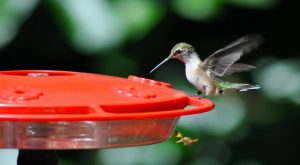
Do Hummingbirds Migrate During the Winter?
Do hummingbirds migrate during the winter? Yes, they do. Hummingbirds’ winter migration patterns are fascinating as these small birds travel great distances to find suitable climates for survival. They embark on long journeys, crossing borders and climates, in search of nectar-rich flowers and warmer temperatures. Their ability to navigate vast distances is truly remarkable.
Do Adult Hummingbirds Eat at Night?
Not at all because hummingbirds at night go into a state called torpor reducing their activity and inactive in this period but in some cases they eat if there is enough light and during migration but this is rare and not common.
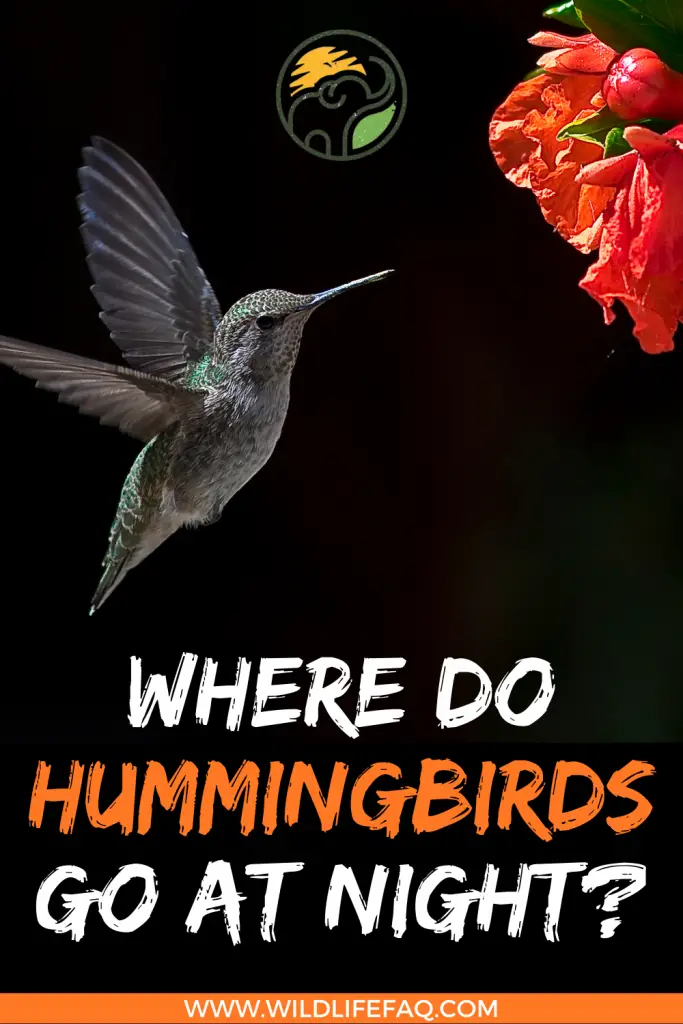
Keywords: Hummingbirds, Feed, Nectar, Night, Torpor

